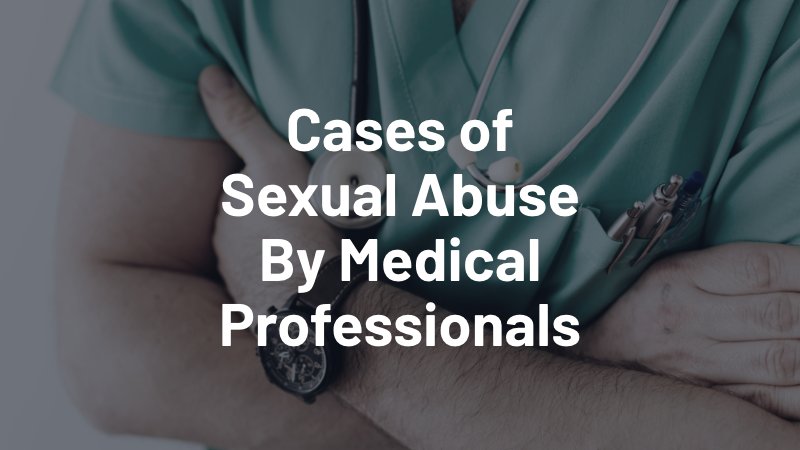When you seek medical care, you entrust a healthcare professional with your health and well-being. When that trust is violated through sexual abuse, the impact can be devastating, leaving victims feeling betrayed, traumatized, and unsure where to turn for help.
Recognizing the line between appropriate and inappropriate behavior in medical settings is crucial for your safety. By understanding your rights as a patient and the boundaries of professional conduct, you can better identify potential abuse and take action to protect yourself and others.
Recognizing Signs of Sexual Abuse in Healthcare
Sexual abuse by medical professionals can take many forms, and it can be difficult to recognize. Some medical exams may involve examining private areas of your body, but these procedures should be strictly limited to what is medically necessary.
During an exam, appropriate behavior includes:
- Explaining each part of the exam before and during the procedure
- Using gloves when examining sensitive areas
- Accommodating requests for same-sex examiners when possible
- Only asking you to undress the part of your body being examined
- Allowing you to have a chaperone or companion in the room
- Giving you privacy while changing clothes
- Answering any questions that you may have
- Stopping the exam if you feel uncomfortable
Conversely, red flags that may indicate sexual abuse include:
- Unwanted sexual remarks or questions
- Refusing to answer your questions
- Examining private parts without gloves
- Declining to explain procedures or their purpose
- Refusing to allow a chaperone into the room with you
- Telling you to be quiet when communicating discomfort or asking questions
- Insisting you undress parts of your body not being examined
- Asking intrusive questions about your sexual activity unrelated to your care
Medical sexual abuse may also involve sexual activity with unconscious or sedated patients. Patients who are unconscious, under the influence of sedating medication, or mentally and physically incapacitated cannot consent to sexual activity.

Steps to Take If You Suspect Medical Sexual Abuse
If you believe you’ve experienced sexual abuse by a medical professional, it is important to take action immediately:
- Seek immediate medical care from a trusted provider for any physical injuries resulting from the abuse.
- Prioritize your mental health by reaching out to a therapist or counselor specializing in trauma and sexual abuse.
- Report the abuse to the appropriate medical licensing board and law enforcement agency.
- Document everything you can remember about the abuse, including dates, locations, and any witnesses.
- Gather any relevant medical records, communications, or other evidence that may support your case.
- Consult with an attorney who specializes in medical sexual abuse lawsuits to understand your legal options.
Estey & Bomberger, LLP Can Help You Seek Justice
In addition to pursuing criminal charges against an abusive medical professional, you also have the right to file a civil lawsuit. This type of claim seeks compensation for the physical, emotional, and psychological harm caused by the abuse. A lawsuit differs from criminal proceedings as it focuses on providing financial restitution to the victim rather than punishing the perpetrator. Getting experienced legal representation can help determine liability in a doctor sexual abuse lawsuit.
If you have experienced sexual abuse by a medical professional, you have the right to seek compensation. For years, Estey & Bomberger, LLP has fought for the rights of sexual abuse survivors nationwide and held perpetrators accountable for their actions. Our lawyers know what it takes to seek justice. Contact us at (800) 260-7197 for a confidential consultation and learn how we can help you recover and rebuild.
